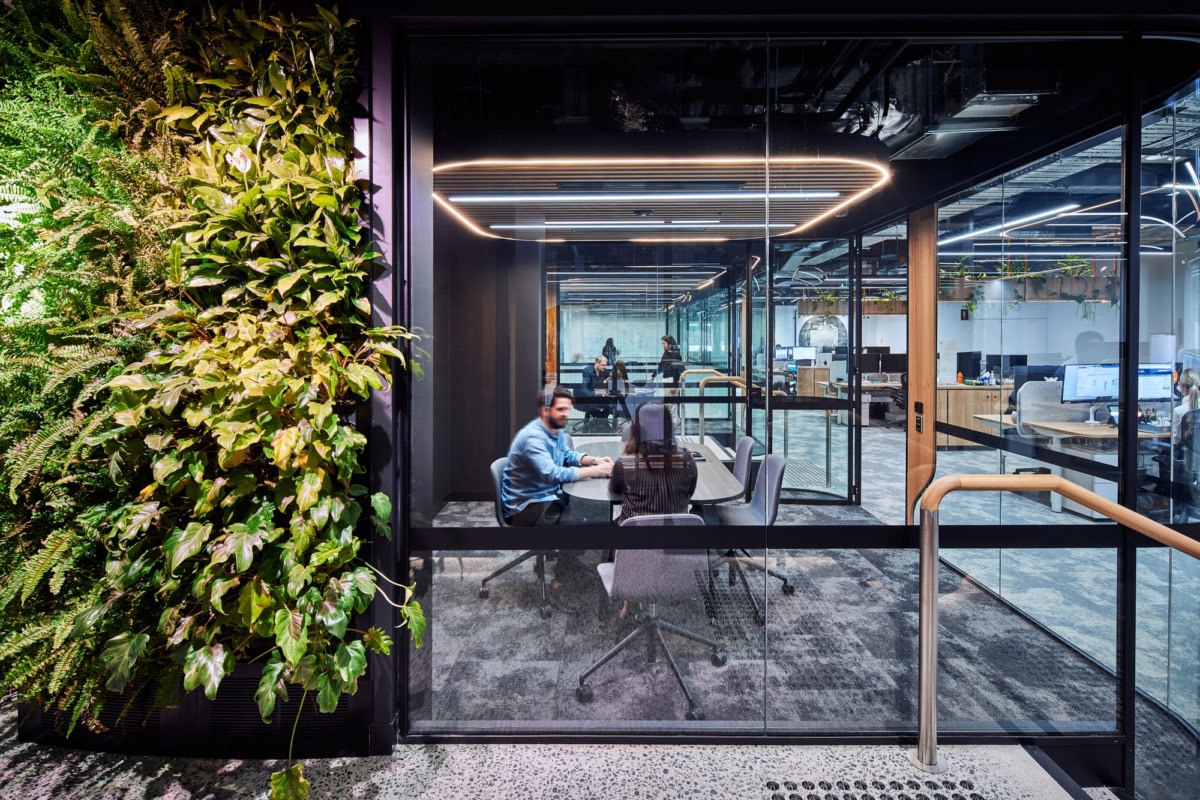This new proposal from the Minns Labor government is aimed at controlling how AI is used on the job, especially in areas involving the monitoring of worker performance. The rules were added to a broader workers’ compensation reform bill without widespread consultation, and business leaders are criticising the move as an attempt to expand union powers behind the scenes.
Until now, Australia has taken a largely hands-off approach to AI in the workplace. This shift by NSW is drawing national attention. The proposed law seeks to prevent companies from using AI to enforce what it describes as unreasonable performance targets, excessive monitoring or potentially biased automated decisions. It also gives union officials the authority to enter workplaces and examine digital systems such as algorithms, automated software and management platforms.
The changes are included in the Workers’ Compensation (Reform and Modernisation) Bill and appear to target companies that rely heavily on automated systems, including Amazon and gig platforms. The bill would prohibit the use of algorithmic metrics that could restrict workers’ rights, like limiting bathroom breaks or assigning tasks through automated systems. Some unions claim these technologies place undue pressure on staff and can contribute to unfair treatment or burnout due to unrealistic expectations.
This marks a major shift in Australia’s stance on workplace technology and data privacy. Unions welcome the legislation as a necessary safeguard in an increasingly digital economy. However, industry groups argue it could deter investment, lead to inconsistent rules between states and set back national productivity initiatives. Critics also warn the bill could trigger legal and workplace disputes due to unclear or uneven compliance standards.



